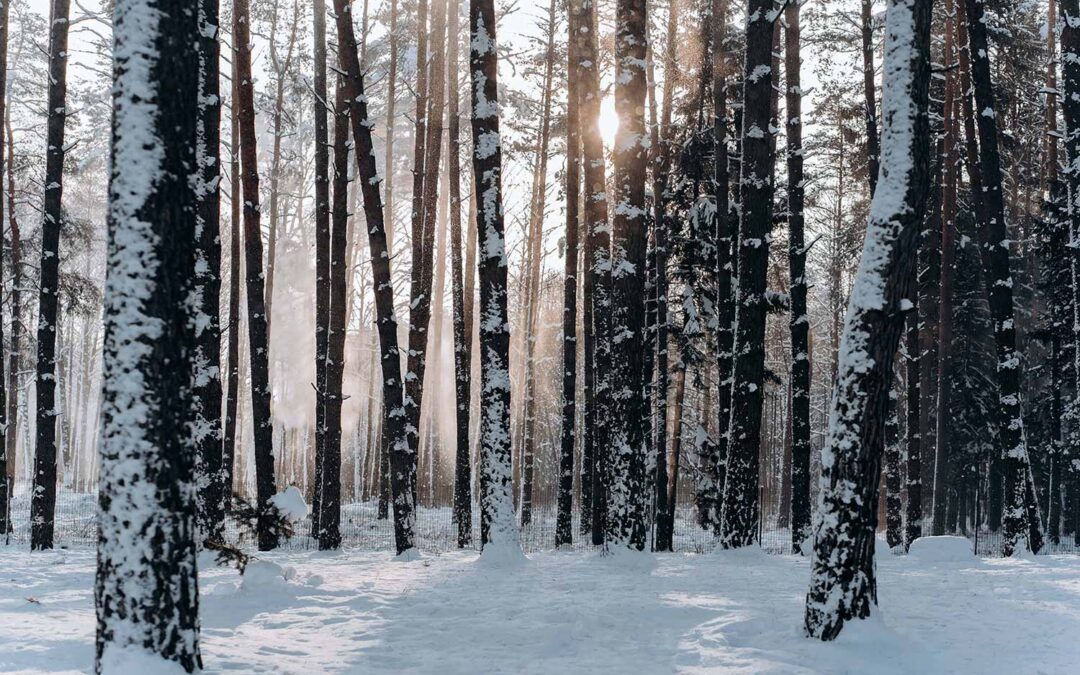My Pitta loves Winter!
You may wonder what is my Pitta? It’s my predominant dosha. What’s that?
Dosha is a central theme in Ayurveda medicine, which can be translated as “that which can cause problems.”
It refers to three categories or types of substances that are believed to be present in a person’s body and mind. Ayurveda is the traditional system of natural medicine that focuses on balancing the elements to achieve health and wellness.
The three doshas are Pitta (fire), Kapha (earth), and Vata (space). We all have the energy of these elements in our being, but typically one is predominant. It considers our body type and our emotional, mental and spiritual characteristics. Taking a quiz to determine your predominant dosha can be fun and enlightening. You can find many options when you search online. When I was in training for yoga therapy certification– many years ago- I completed an extensive survey to determine my predominant dosha. It was Pitta – fire!
Well, anyone who knows me well can attest to my fiery personality. I can get a little intense at times (!!). My second strongest element is Vata, space. The head in the clouds, connecting to the larger universe and the unseen energy of the spirit world is also a facet of my personality. Knowing these doshas are the strongest and observing myself in situations that increase these qualities can be helpful in managing my tendencies which may cause problems. My doshas are more balanced when I meditate and practice restorative yoga. Connecting to earth energy and deep breathing practices are essential for me. Feel your feet!
So, the reason I am reflecting on this today is because I again have noticed that the winter months here in the Midwest – cold and snowy as they have been these last few weeks – calms my pitta energy. The summer months can exacerbate the fire in me – and as I reflect on my life, many major intense events have happened in the warmer weather. In the winter, it is easier for me to choose to meditate more, practice restorative yoga, and find my inner sanctuary. There is contentment in my slower pace. I feel more content and not as driven to ‘do’ but happier to just ‘be’.
A quote for the book “Wintering” by Katherine May. Part of what inspires this blog post.
“A surprising cluster of novels and fairy tales are set in the snow. How knowledge of winter is a fragment of childhood, almost innate. All the careful preparations animals make to endure the cold, foodless months. Hibernation and migration. Deciduous trees dropping leaves.
This is no accident. The changes that take place in winter are a kind of alchemy. An enchantment performed by ordinary creatures to survive. Door mice laying on fat to hibernate swallows navigating to South Africa, trees blazing out the final weeks of autumn. It is all very well to survive the abundant months of spring and summer, but in winter we witness the full glory of nature’s flourishing in lean times.
Plants and animals don’t fight the winter. They don’t pretend it’s not happening and carry on the same lives they lived in the summer. They prepare, they adapt. They perform extraordinary acts of metamorphosis to get them through. Wintering is a time of withdrawing from the world, maximizing scant resources, carrying out acts of brutal efficiency and vanishing from sight. But that’s where the transformation occurs. Winter is not the death of the life cycle, but its crucible.It’s a time for reflection and recuperation, for slow replenishment. For putting your house in order. Doing these deeply unfashionable things- slowing down, letting your spare time expand, getting enough sleep, resting, is a radical act now, but it is essential”.
This reading speaks to me about the energy of winter and how the natural world around us is wintering. It is a reminder of how our human nature can take refuge, enjoy reflection, and experience rejuvenation in the colder months of winter. I find it inspiring and supportive of my tendency to withdraw more during the colder months. We can all benefit from balancing our lives with action and inaction. This can be challenging in the western world.
I invite you to take a lesson from nature if you are experiencing winter in the outside world or just invite it into your inner world no matter what the season. As Katherine May says ‘resting is a radical act now, but it is essential.”

